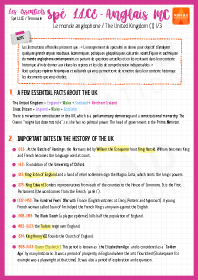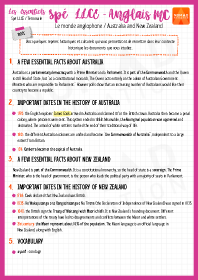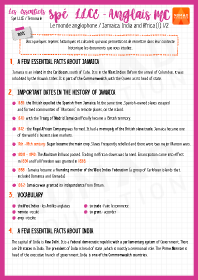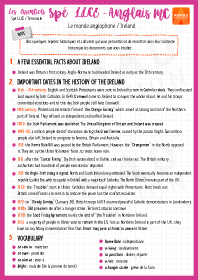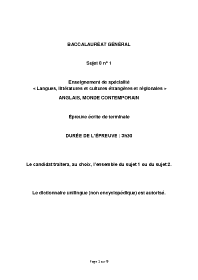According to an article published in The Guardian on 25 February 2020: "The gap between the best and worst paid people in Britain is greater than previously thought." However, a journalist in USA Today points out that :" Though the United Kingdom has one of the widest gaps between rich and poor residents, the country is doing more than any other on this list to reduce this inequality. Countries can redistribute wealth using personal income taxes, workers' social security contributions, and cash transfers." (U.S.A. Today, May 28, 2019).
The issues of redistribution of wealth and income inequality often come up in American politics as well. Angus Deaton, the 2015 Nobel Prize winner in economics says that "The US holds the unenviable title as the world’s most unequal rich country, at least in terms of income". A New York Times journalist explains that: "The expanding gap between rich and poor is not only widening. It is helping the rich lead longer lives, while cutting short the lives of those who are struggling" (The New York Times, Sept. 10, 2019). This means that in the US if you are wealthy, you live longer. Unlike in the UK access to healthcare in the US is difficult if you do not have a job that provides health insurance or if you cannot afford to pay for health insurance yourself. Obama, after he was elected, tried to fix this problem with The Affordable Care Act, also known as "Obamacare". However, many people opposed it and President Trump, while he was campaigning, kept promising his supporters "We're going to get rid of Obamacare."
How to account for these inequalities in modern, developed countries such as the UK and the US ? Many analysts see education as a key to solving the problem of inequality. A UNICEF report published in 2018 points out that the UK comes 23rd in terms of inequalities in primary schools. Most sociologists underline that pupils educated in private schools known as independent schools, rather than state schools, have better opportunities. They do better on their exams and are accepted at more prestigious universities. As a 2019 Guardian article says: "The proportion of prominent people in every area who have been educated privately is striking, in some cases grotesque. From judges (74% privately educated) through to MPs (32%), the numbers tell us of a society where bought educational privilege also buys lifetime privilege and influence." In other words, attending a private school from the start gives children a huge advantage. Since you have to pay fees to attend these schools, some people claim that schools perpetuate inequalities from generation to generation.
The American Policy Institute explains that in the US the problem is the same: "Extensive research has conclusively demonstrated that children’s social class is one of the most significant predictors of their educational success. "In a report on education inequalities in the US, the Brookings Institution adds that: "educational experiences for minority students have continued to be substantially separate and unequal". In other words, minority students do not have the same educational opportunities."
Analysts suggest a whole list of policies to reduce inequalities : increase the minimum wage or replace it with a living wage, set up universal basic income, invest in education and many more.

